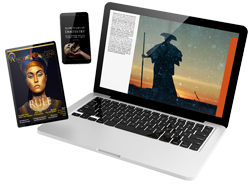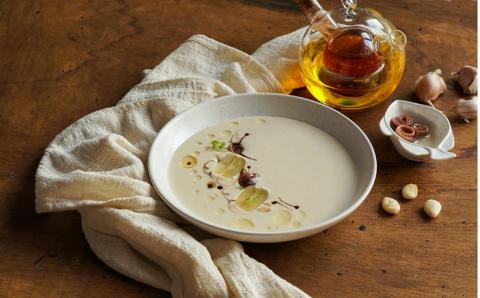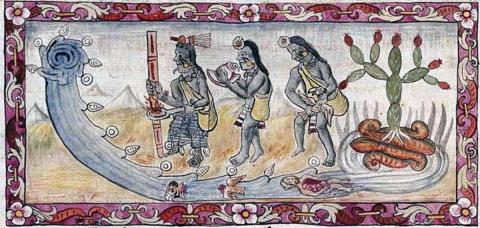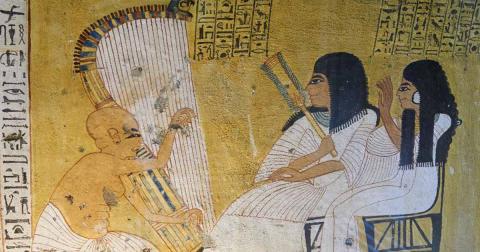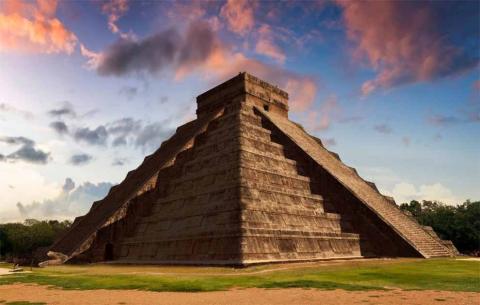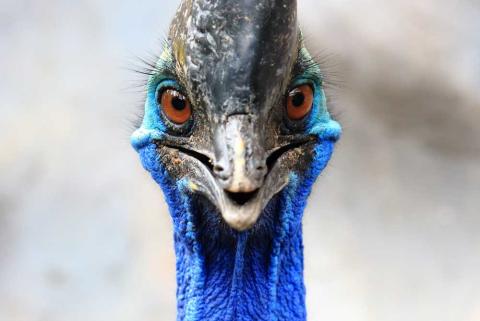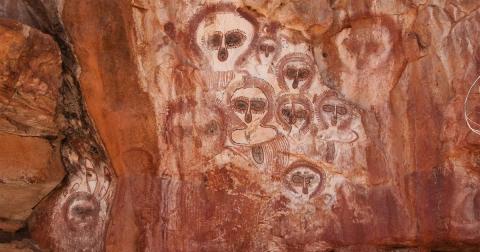You may be familiar with gazpacho, but ajoblanco, also written as ajo blanco, is another, older, cold soup from Spain. It is quick and easy to prepare, has delicate, refreshing flavors, and is a wonderful appetizer or start to a tapas meal on a hot day.
- Read more about How Long Have People Been Serving Ajoblanco?
- Log in or register to post comments


